Hungarian Agricultural Minister Istvan Nagy held a press conference following the Council of Agriculture Ministers meeting in Brussels. He informed journalists that EU border member states could not rely on the European Commission to resolve the market disruption caused by increased Ukrainian imports, and that Brussels lifting the EU import ban at harvest time was a sign of its utter incompetence.
The Brussels body is threatening Hungary, Poland and Slovakia with infringement proceedings over response measures the countries introduced under national competence. Hungary has already received a letter to this effect, the minister said,
pointing out that Ukrainian cereals are exempt from EU regulations and are consequently produced under less stringent rules, which creates an uneven market and naturally gives Ukrainian producers a competitive advantage.
We cannot ignore that there are hundreds of thousands of hectares of large farms in Ukraine that do not at all have to comply with the strict production regulations existing in the European Union,
he said.
As for the large-scale Ukrainian producers, he stressed that a significant portion of them are not under Ukrainian ownership, but are owned by big capital from Western Europe or Saudi Arabia and would be receiving a large part of agrarian subsidies. Minister Nagy said that the parties had realized that taking advantage of the vastly more secure European internal market better served their interests, while causing major difficulties for member states.
Regarding a press question as to whether France had also reconsidered its position on Ukraine accession in light of the consequences for the agriculture sector, the Hungarian minister related that the French are also concerned about the situation, which is a significant shift from its previously held position.
Istvan Nagy does not find this surprising, as France's physical distance from the conflict has so far buffered it from feeling the impact of Ukrainian products on the EU internal market. The cooperation of five border countries against these threats has proved successful, he said, as France and Austria have understood the dangers of the current situation.
I can safely say that as a result of our cooperation, the number of countries willing to join forces is growing,
At the meeting, Austria also backed the Hungarian position on grain imports and even made concrete proposals to address the issue.
These proposals include introducing a quota and prohibiting the duty-free entry of sensitive products into the European Union.
Cover photo: Agriculture Minister Istvan Nagy at the meeting of the Agriculture and Fisheries Council of the European Union in Brussels on November 20, 2023 (MTI/EPA/Olivier Hoslet)
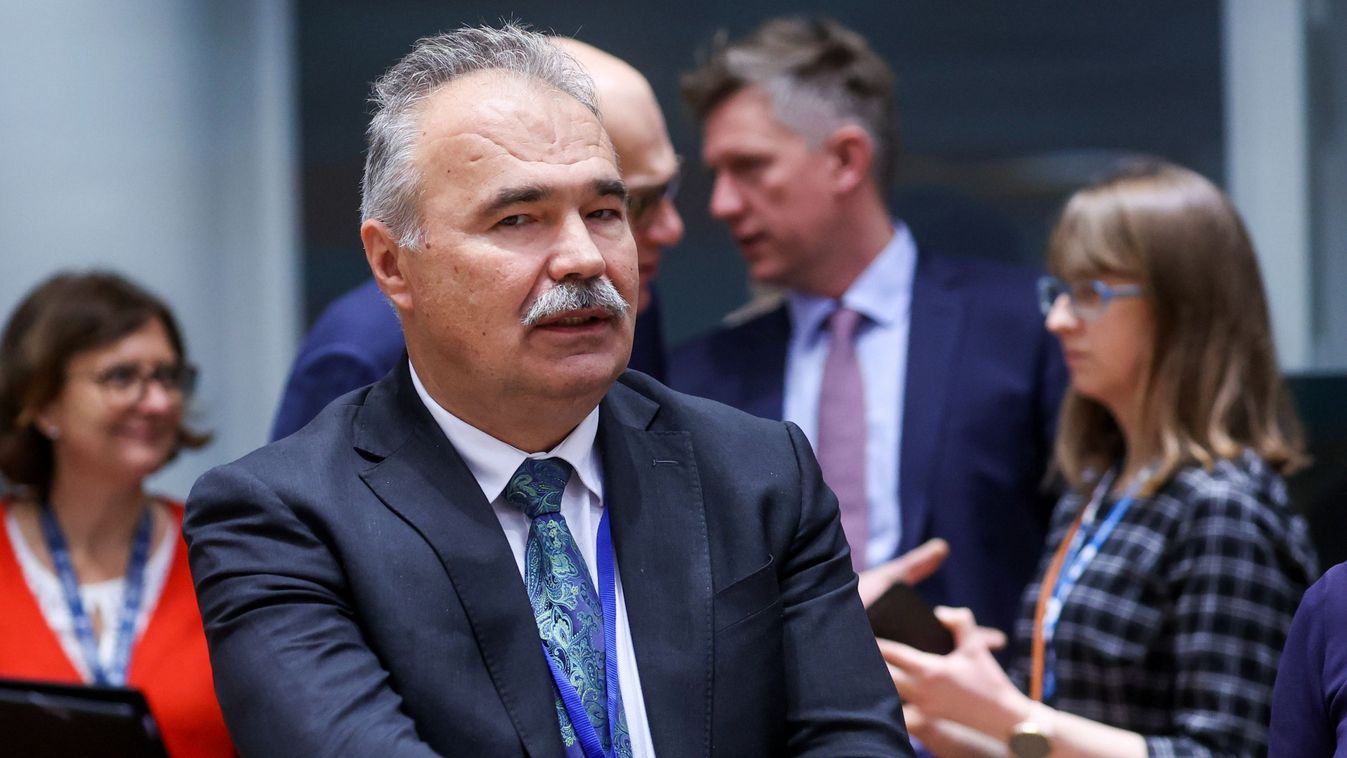
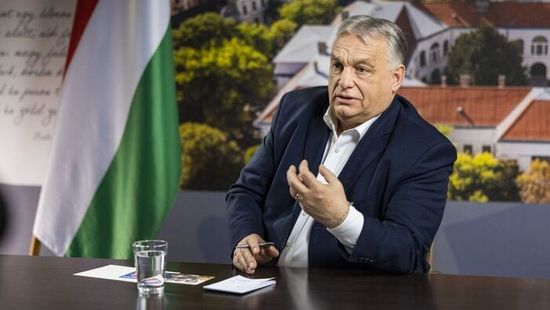




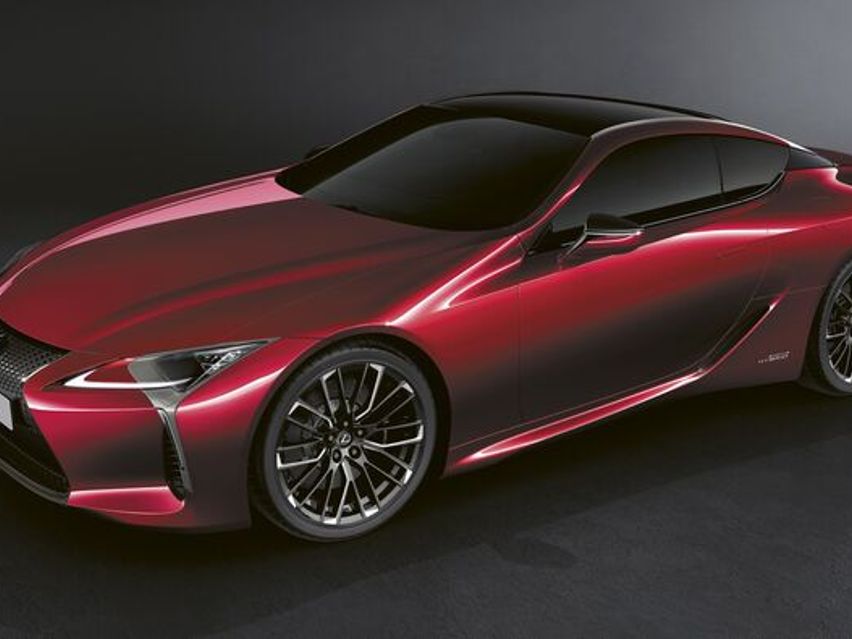

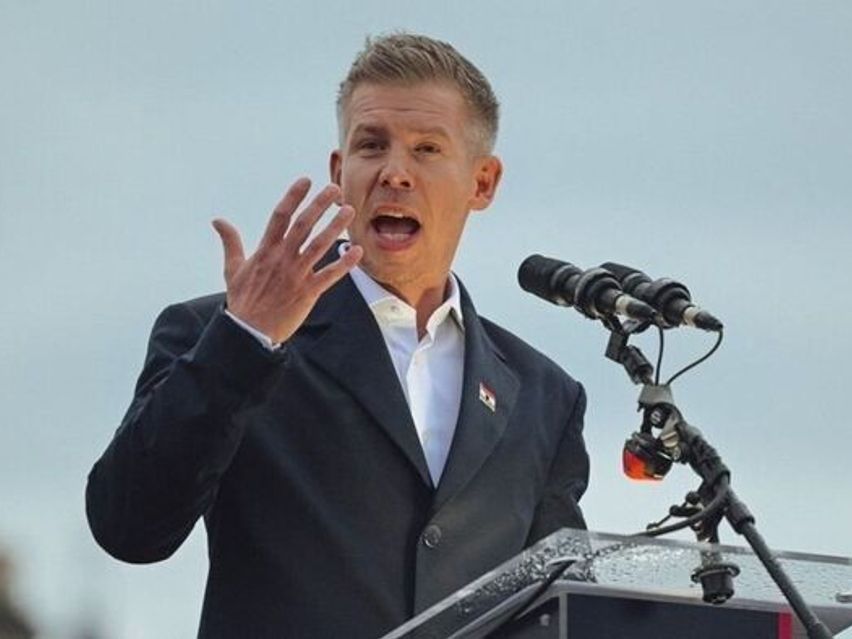
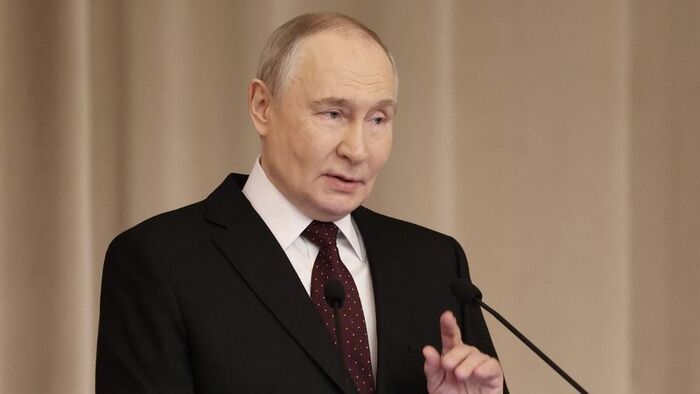

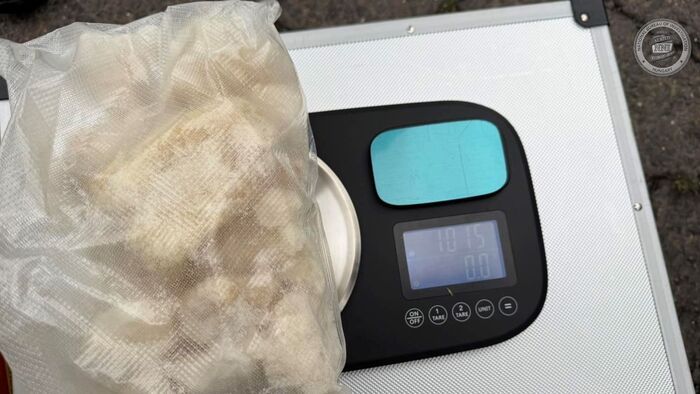

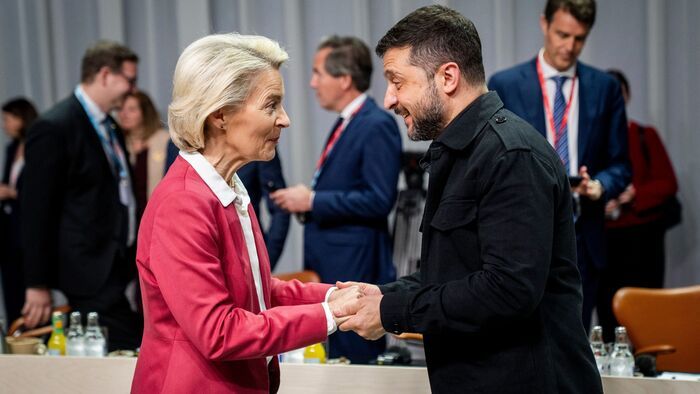
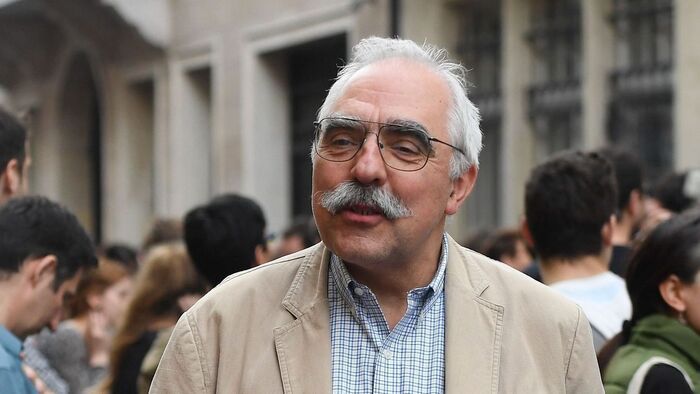


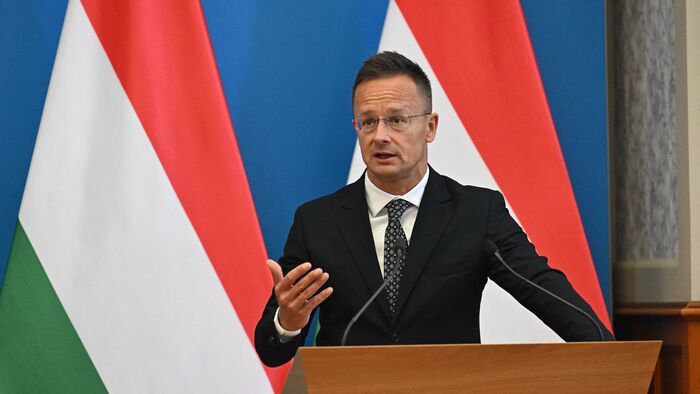





Szóljon hozzá!
Jelenleg csak a hozzászólások egy kis részét látja. Hozzászóláshoz és a további kommentek megtekintéséhez lépjen be, vagy regisztráljon!